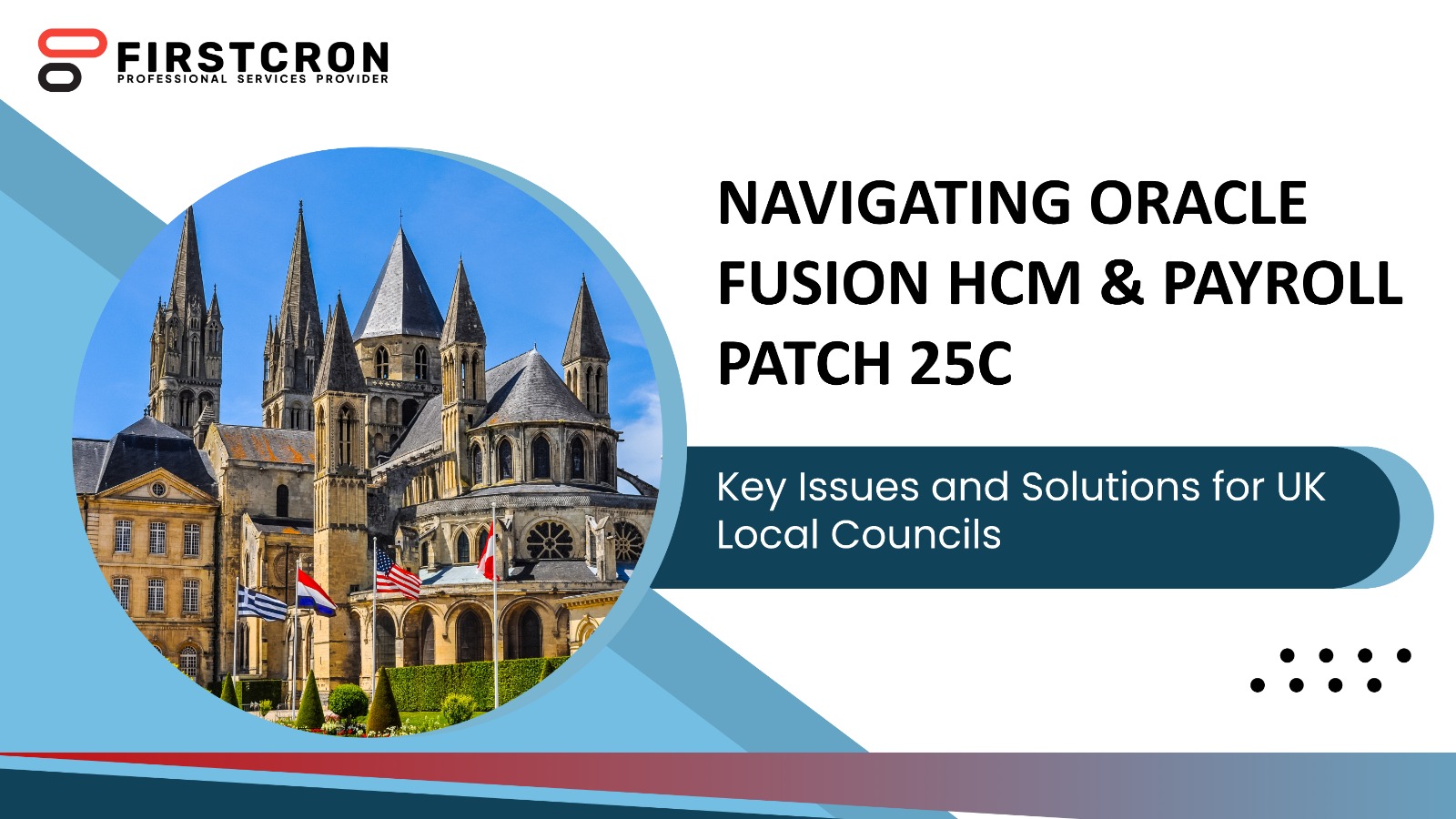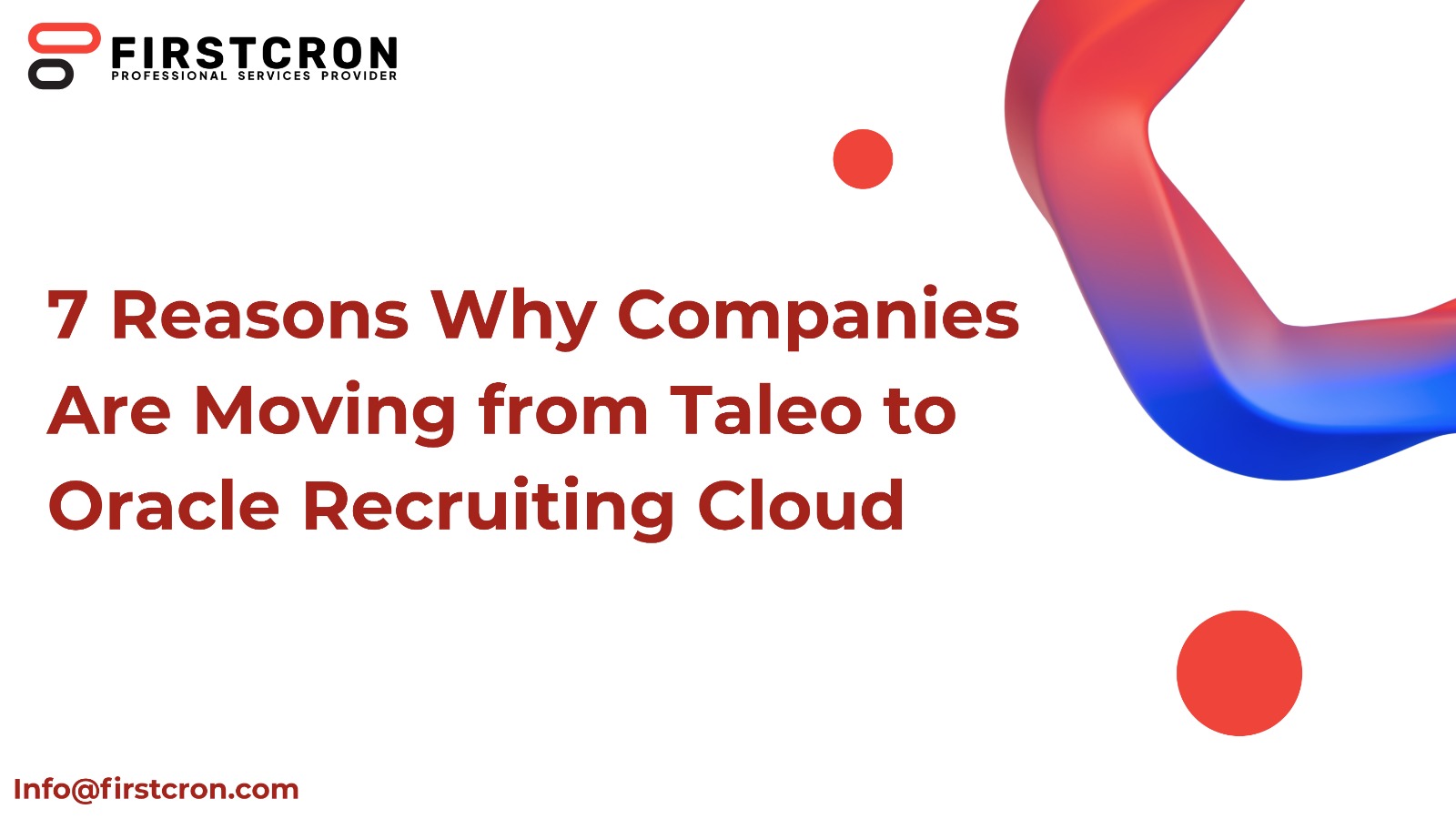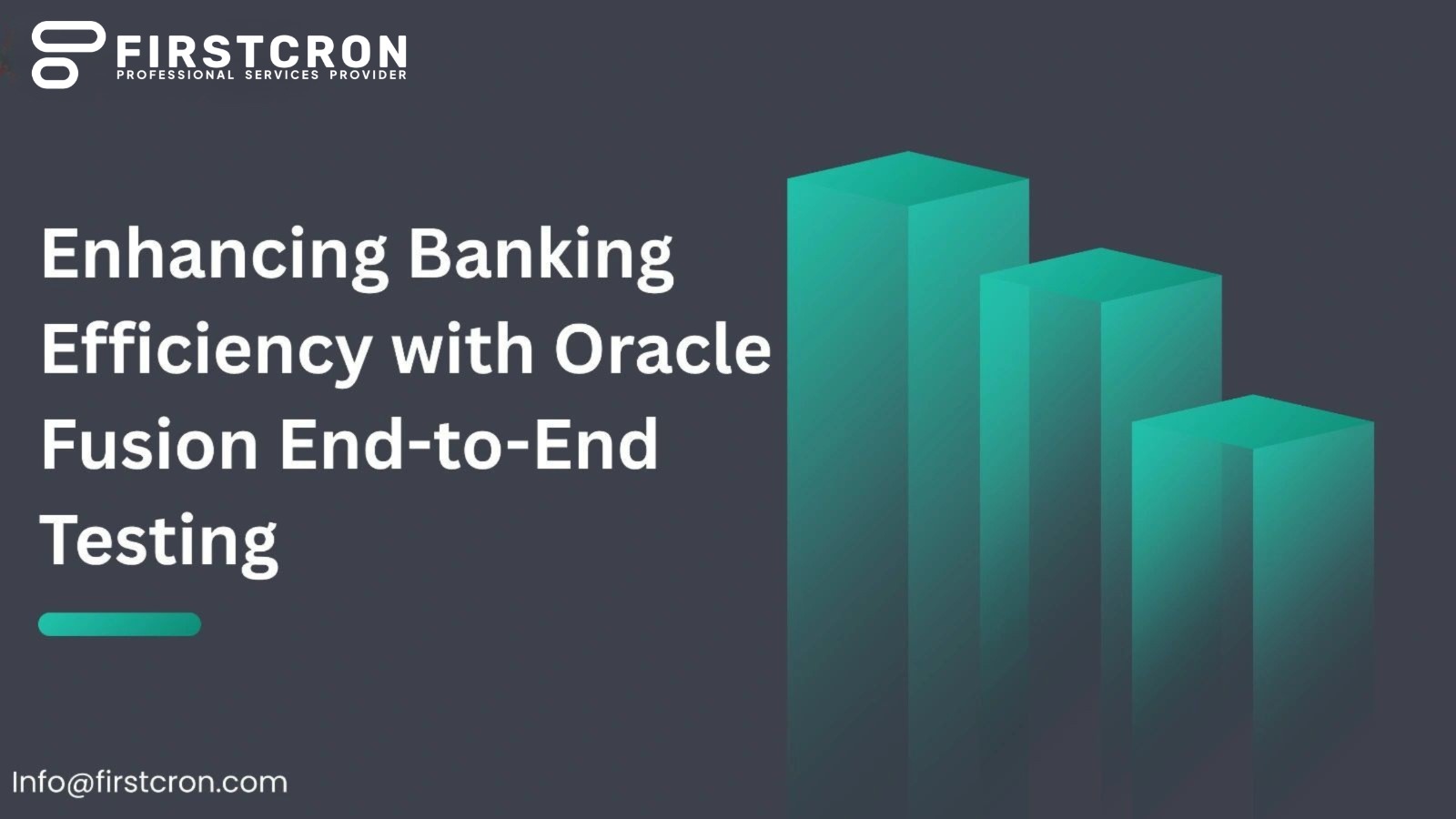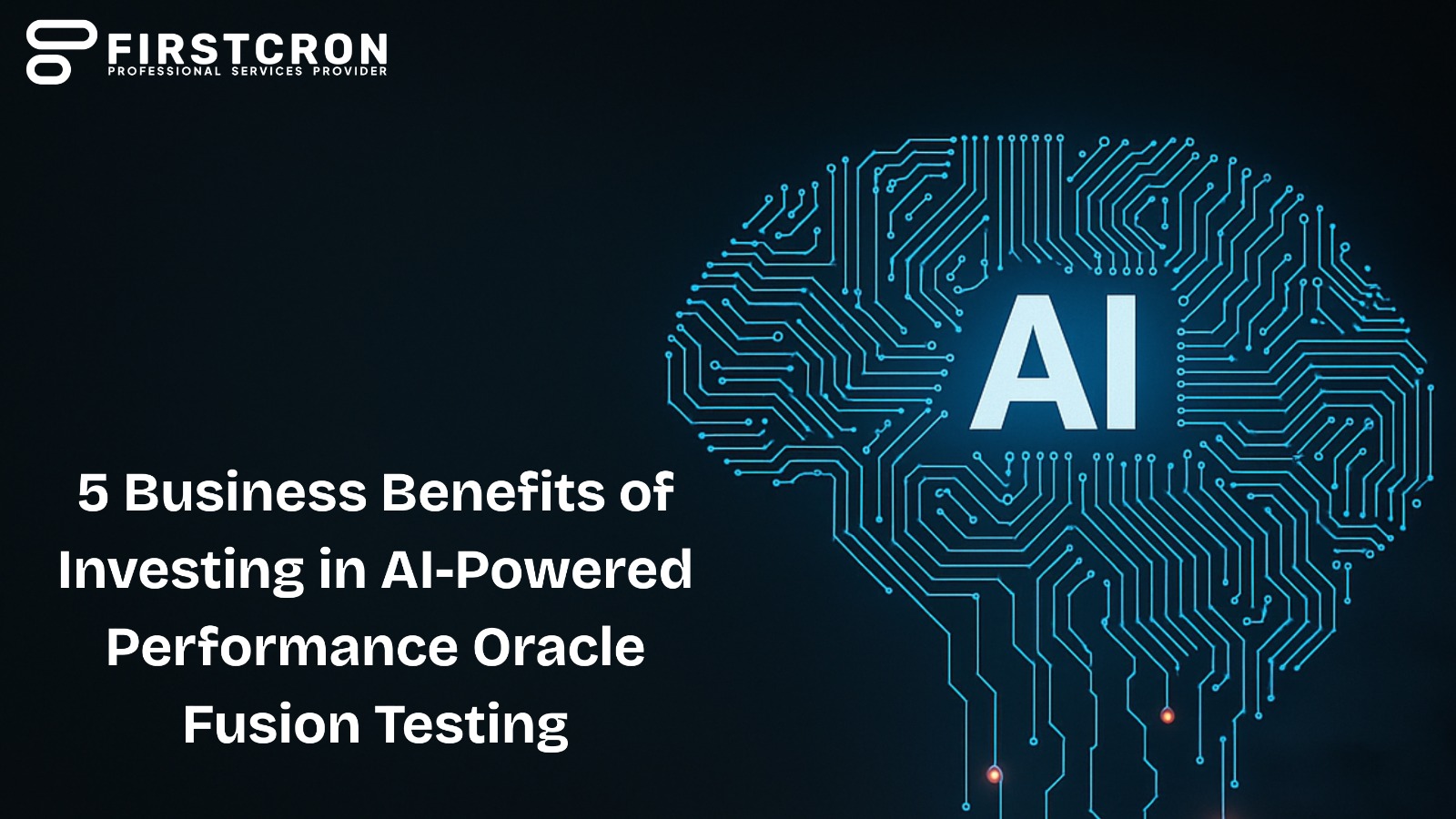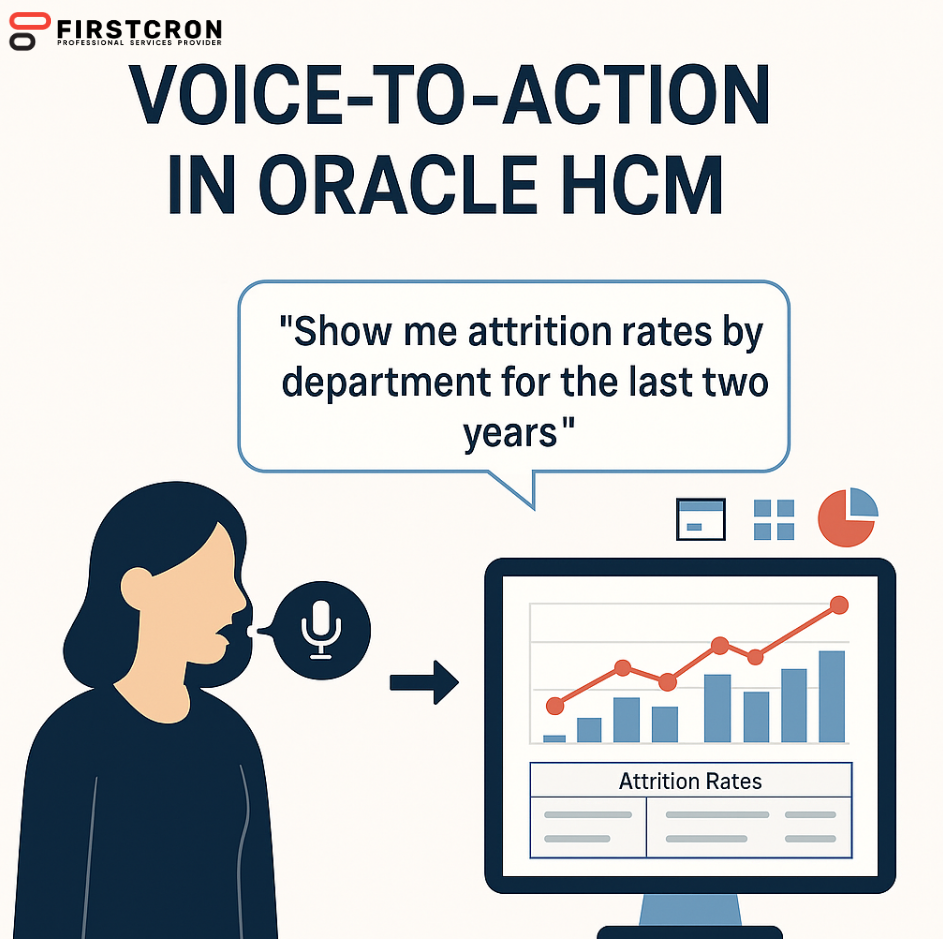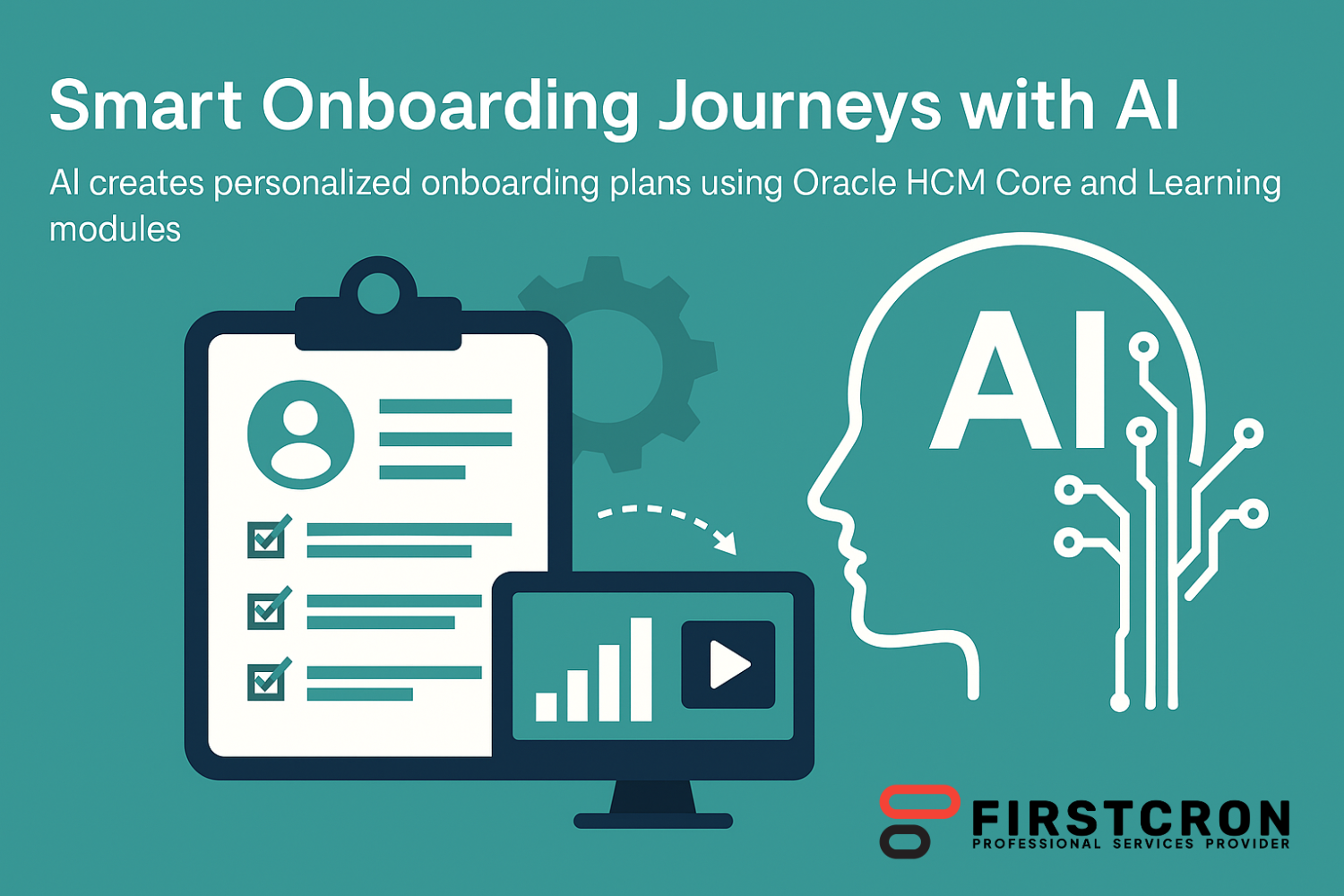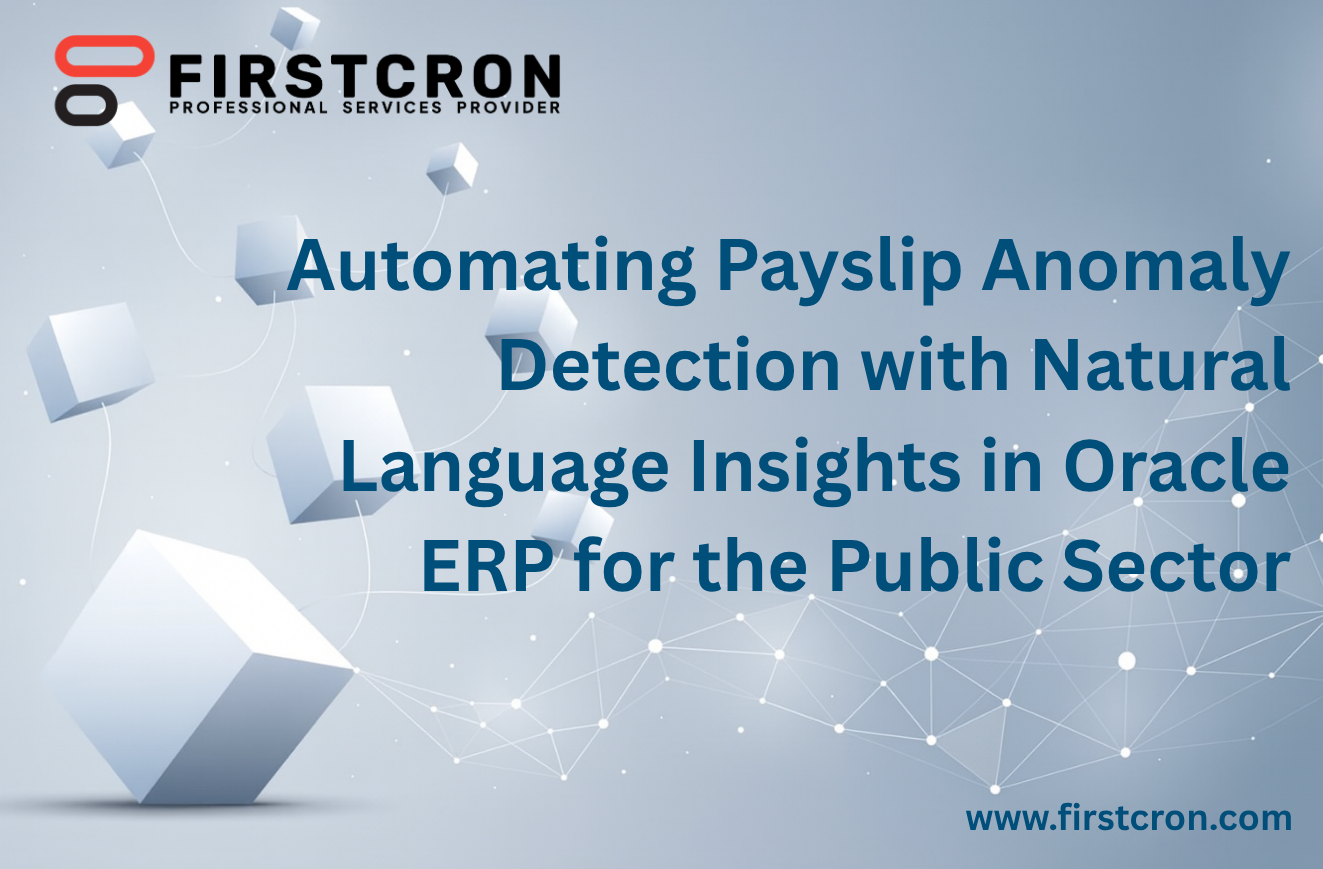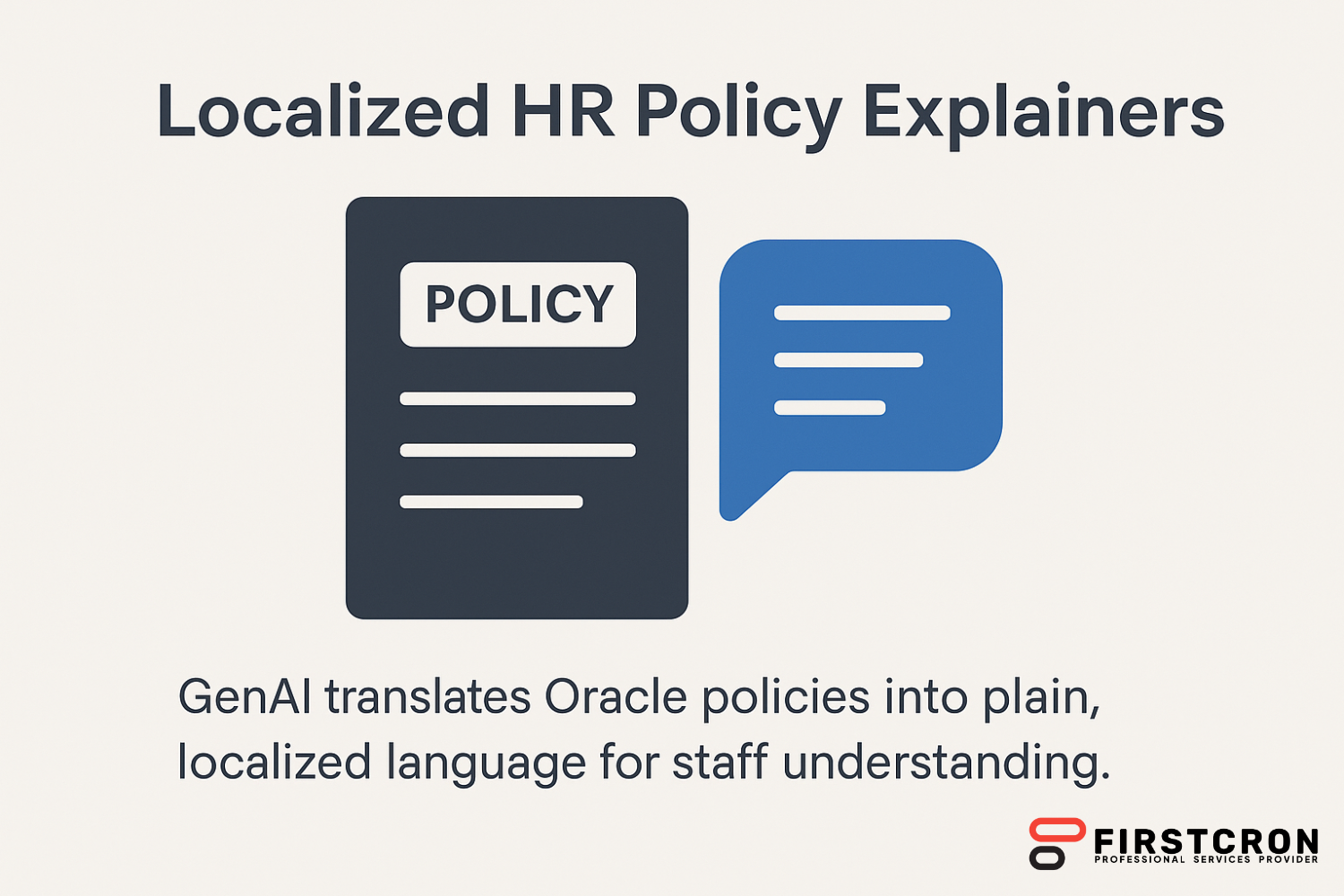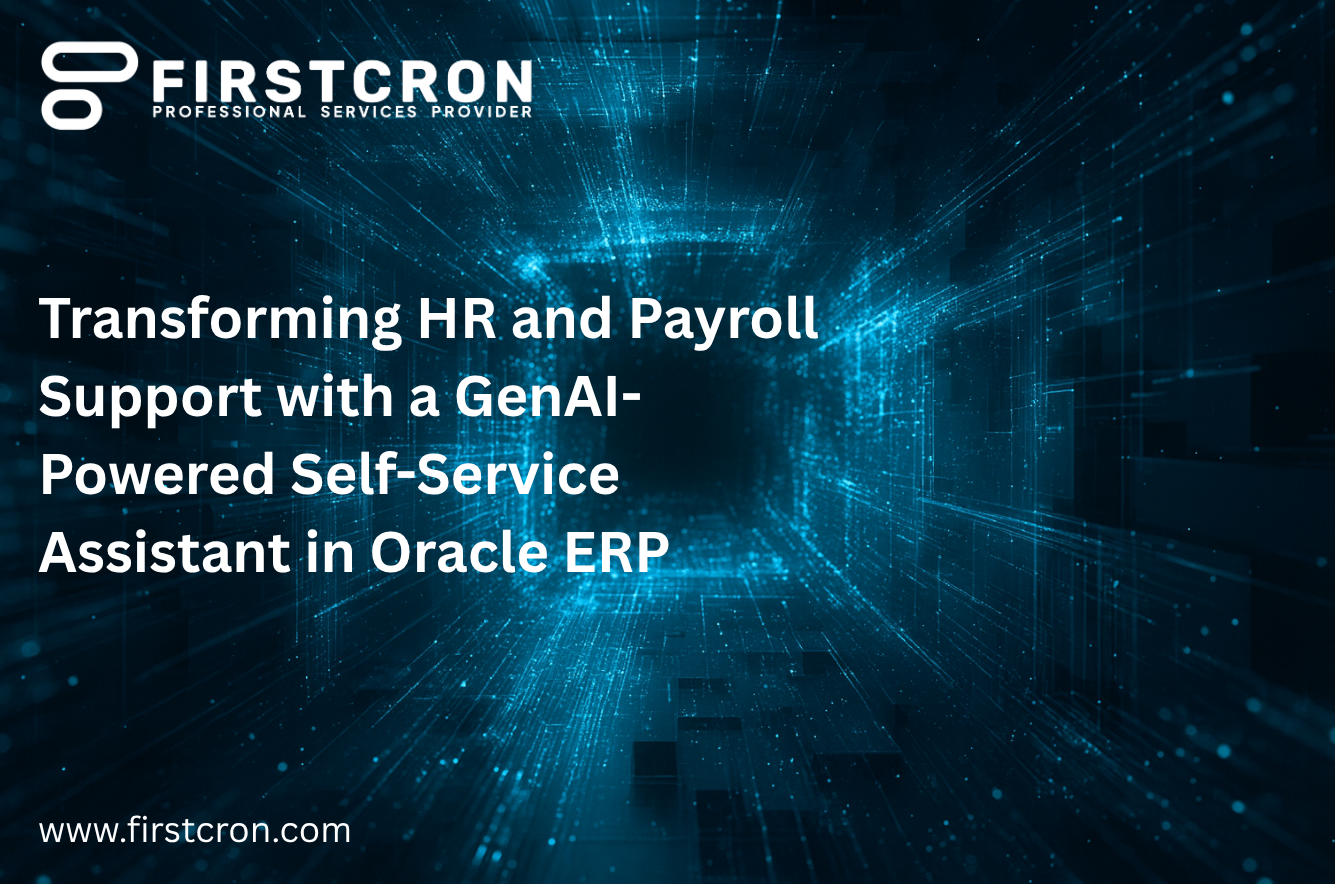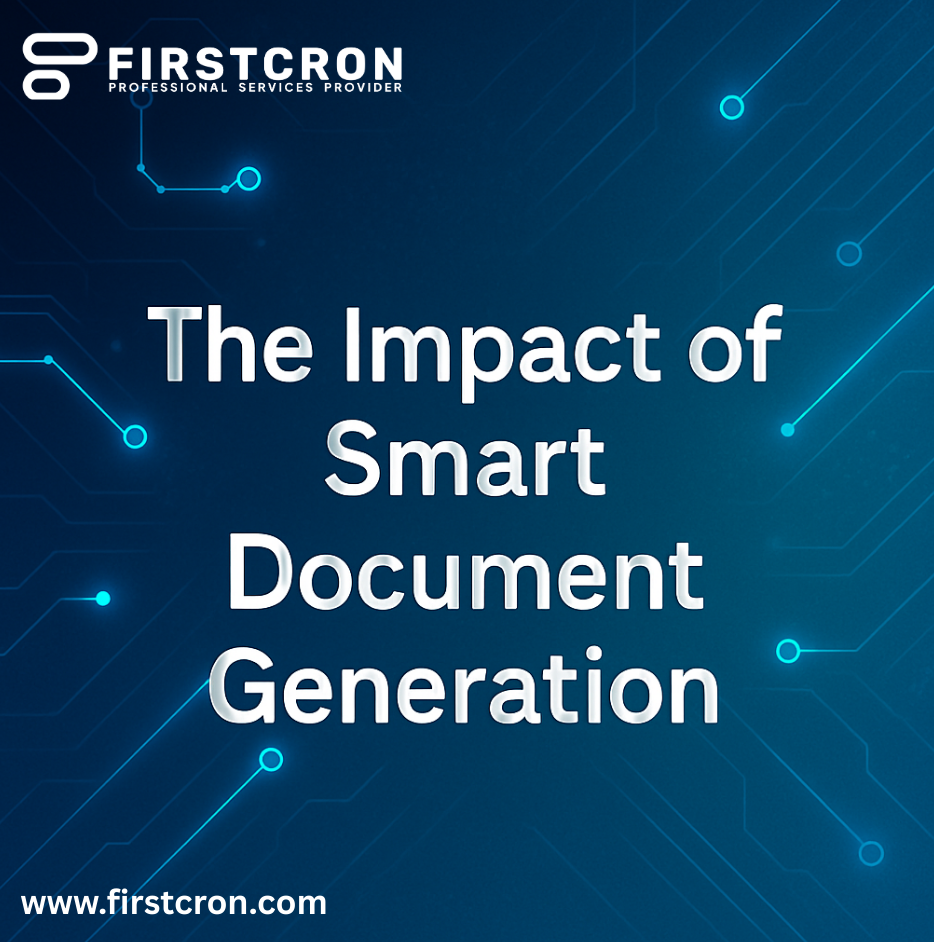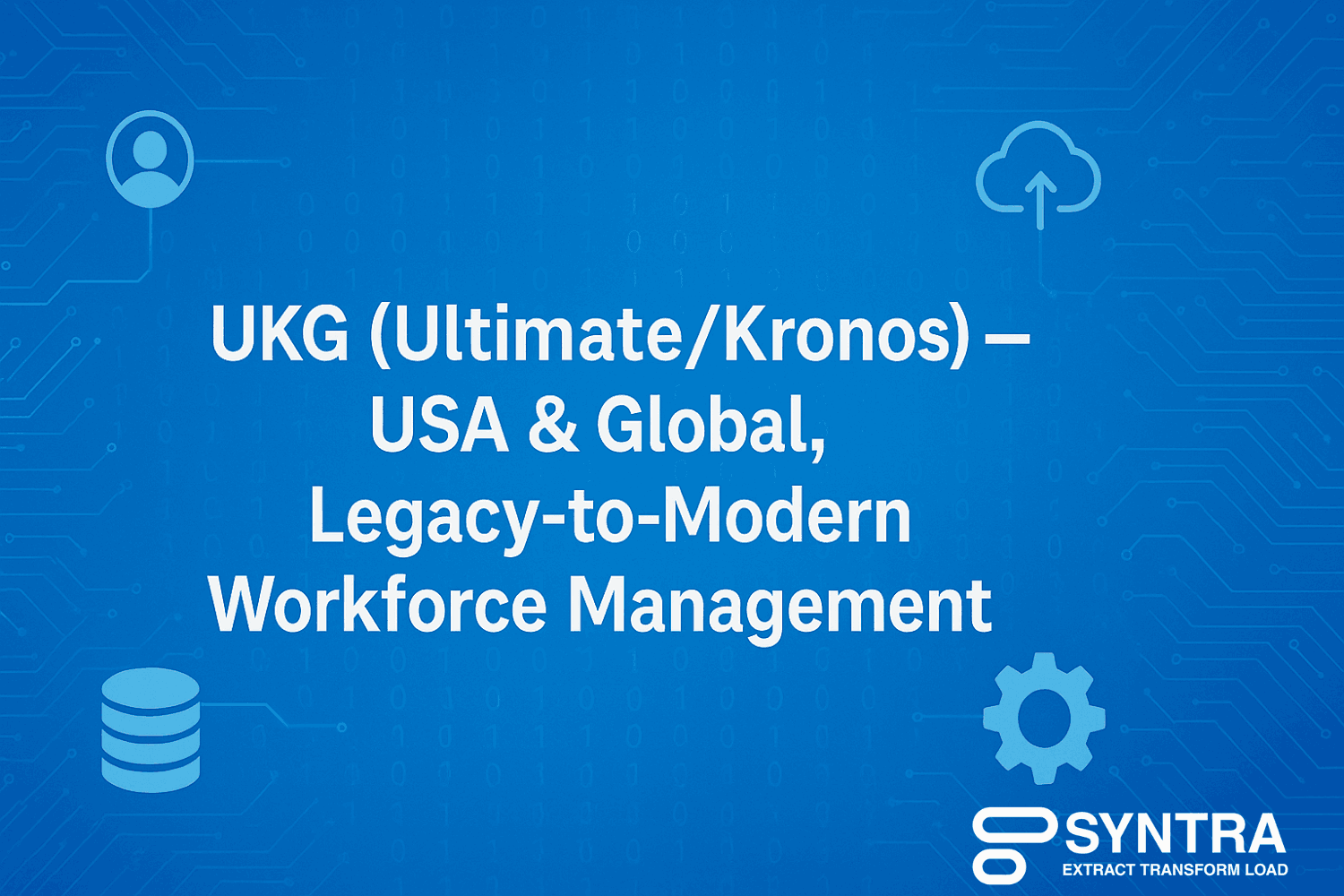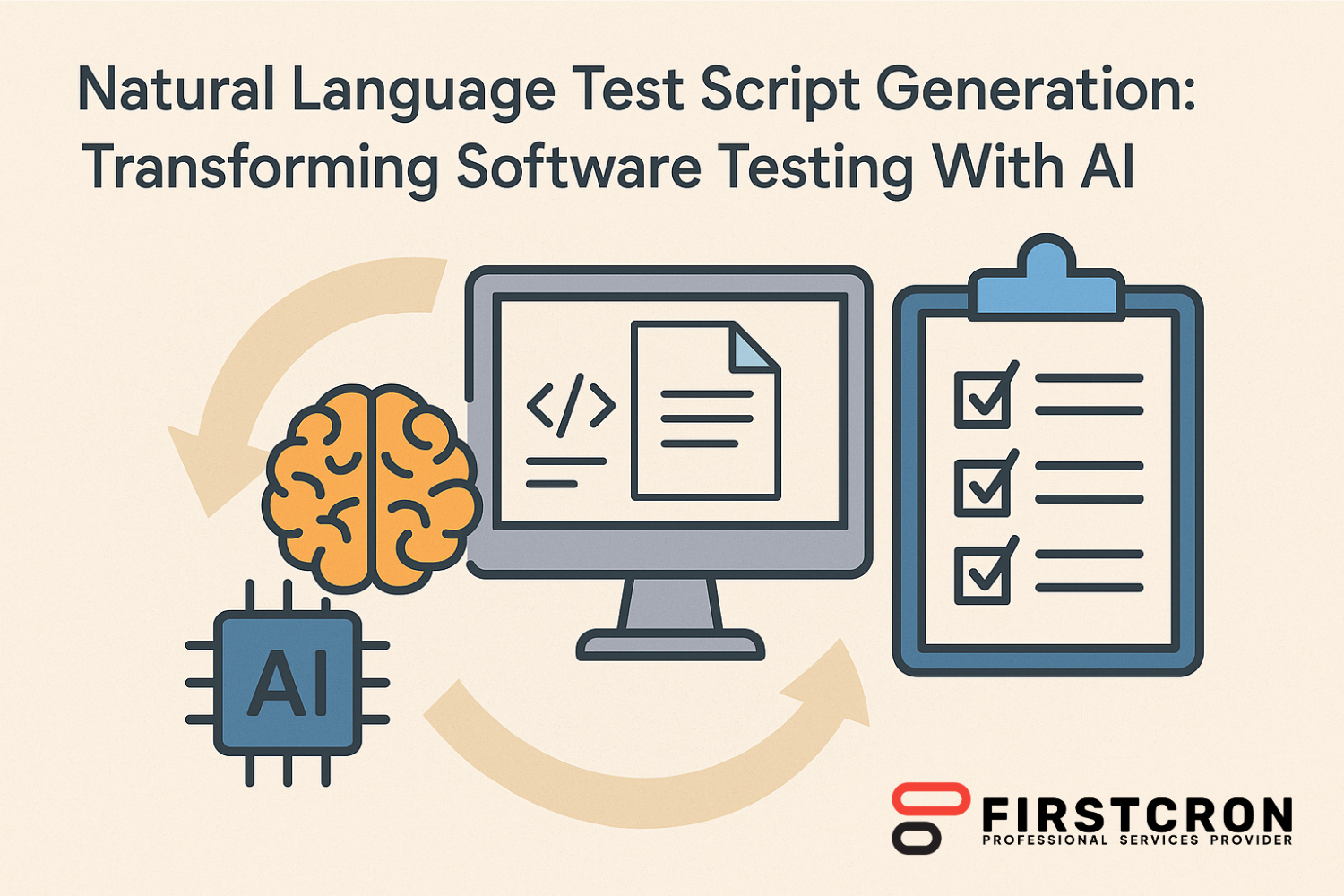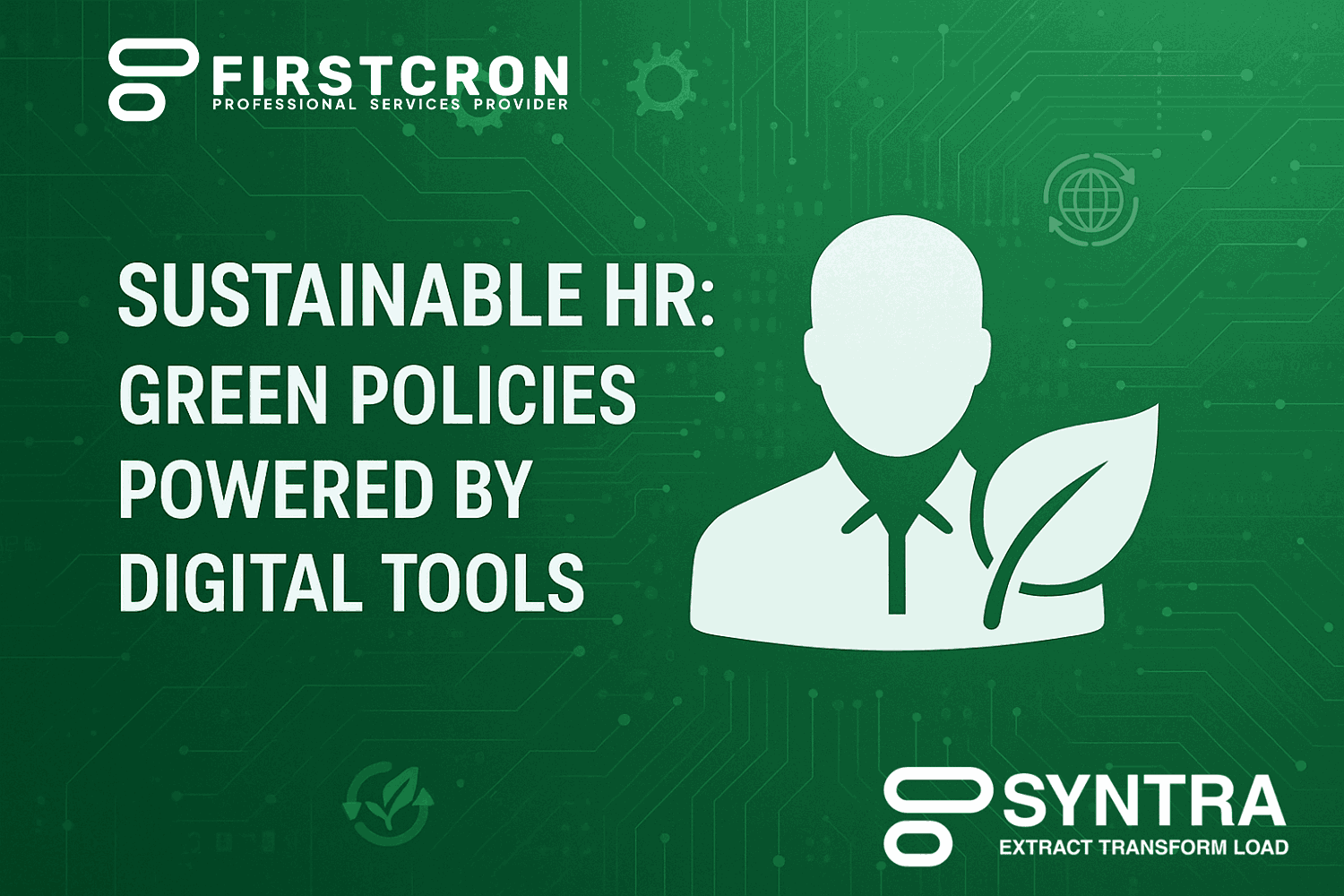
The modern workplace is undergoing a profound shift — from digital transformation to environmental sustainability. As organizations aim to reduce their ecological footprint, Human Resources (HR) has emerged as a key driver in this green evolution.Today’s HR departments are not just managing people; they are shaping the culture and policies that define an organization’s environmental impact. With the support of digital tools, automation, and data integration platforms like Syntra, sustainable HR is transforming how companies attract, engage, and retain eco-conscious talent while aligning with global ESG (Environmental, Social, and Governance) goals.
In this blog we’ll cover
- What Is Sustainable HR?
- Why Sustainability Belongs In HR
- Digital Transformation Meets Sustainability
- Syntra: Empowering Data-Driven Sustainability In HR
- The Green Employee Experience
- Challenges In Building Sustainable HR Frameworks
- Case Example: Digital Tools Making HR Sustainable
- The Future Of Sustainable HR
- Conclusion: Building A Greener Workforce For The Digital Era
What Is Sustainable HR?
Sustainable HR refers to the integration of environmentally responsible and socially conscious practices into HR operations. It goes beyond recycling bins and paperless offices — embedding sustainability into every facet of people management, from hiring and training to performance evaluation and employee engagement.
It’s about aligning human capital strategy with the organization’s sustainability mission, ensuring that the workforce itself becomes a catalyst for positive environmental change.
In short, Sustainable HR means “doing good while doing well.”
Why Sustainability Belongs In HR
The HR function is uniquely positioned to influence behavior and policy across the enterprise. By promoting sustainability, HR leaders can create a green culture that drives innovation and loyalty.
Key reasons why sustainability is now central to HR strategy:
- Employee Expectations: Gen Z and Millennials increasingly prefer working for eco-conscious employers.
- Corporate Reputation: Sustainable practices boost employer branding and corporate social responsibility (CSR) scores.
- Regulatory Compliance: ESG reporting standards require HR departments to document sustainability-related workforce initiatives.
- Operational Efficiency: Digital tools help reduce waste and optimize resource usage across HR functions.
Digital Transformation Meets Sustainability
Technology is the linchpin of Sustainable HR. From cloud-based systems to AI-powered analytics, digital solutions help organizations minimize paper dependency, energy consumption, and administrative overheads.
Here are the most impactful ways digital tools are driving the sustainability agenda within HR:
1. Paperless Recruitment and Onboarding
Digital recruitment platforms and e-signature-enabled onboarding tools eliminate physical paperwork. Cloud storage ensures documents are securely maintained while reducing printing costs and waste.
2. Virtual Learning and Development
Instead of in-person training events that require travel and materials, Learning Management Systems (LMS) deliver e-learning modules and virtual sessions — reducing carbon emissions and resource usage.
3. Hybrid and Remote Work Policies
The rise of remote work has significantly reduced commuting-related emissions. Sustainable HR policies now leverage digital collaboration tools like Microsoft Teams, Slack, and virtual onboarding systems to support flexible, low-carbon work environments.
4. Green Performance Management
Digital HR analytics can track and reward employees for sustainability-driven initiatives — from reduced energy usage to volunteering in community projects. Gamified dashboards motivate eco-friendly actions at scale.
5. Data-Driven Sustainability Metrics
Platforms like Syntra (syntra.firstcron.com) help HR teams integrate and analyze sustainability metrics across disparate systems. By consolidating workforce, facility, and energy data, Syntra enables organizations to measure, visualize, and report their environmental performance more accurately.
Syntra: Empowering Data-Driven Sustainability In HR
Implementing sustainable HR policies requires actionable insights — and that’s where Syntra, FirstCron’s enterprise-grade ETL (Extract, Transform, Load) tool, becomes indispensable.
Syntra empowers HR leaders to unify data across systems like HRMS, payroll, and project management platforms, enabling a 360 view of sustainability performance.
With Syntra, organizations can:
- Extract: Environmental and workforce data from HR, attendance, and building management systems.
- Transform: Raw data into sustainability KPIs such as carbon footprint per employee, energy usage per department, or digital efficiency scores.
- Load: Insights into dashboards and sustainability reports for executive visibility.
For example, an organization can integrate travel data with HR attendance logs via Syntra to measure carbon emissions saved through hybrid work models, turning raw numbers into tangible impact metrics.
The Green Employee Experience
Sustainability isn’t just about policies — it’s about people. A green employee experience focuses on making sustainability part of the daily work culture.
1. Eco-Friendly Workspaces
Digitally monitored workspaces can adjust lighting and temperature automatically based on occupancy, reducing energy waste. Employees can use mobile apps to track their personal energy usage at work.
2. Sustainable Rewards and Recognition
Incentivizing employees for sustainable choices — such as carpooling, remote work, or participating in green initiatives — reinforces positive behavior. Recognition programs can be digitally managed through HR portals and social recognition platforms.
3. Green Learning Paths
With the help of LMS integrations powered by tools like Syntra, HR can create personalized sustainability learning tracks — covering topics like waste reduction, energy efficiency, and climate awareness.
4. Transparent Sustainability Communication
Digital HR dashboards can display company-wide sustainability progress in real time — increasing transparency and collective ownership.
Challenges In Building Sustainable HR Frameworks
Despite growing awareness, implementing Sustainable HR practices comes with challenges:
- Data Fragmentation: Sustainability data often sits across multiple systems — from HRIS to facilities management tools. Syntra resolves this by centralizing information through automated data pipelines.
- Change Management: Driving a cultural shift toward sustainability requires continuous communication and leadership alignment.
- Measurement Complexity: Quantifying sustainability impact across HR functions requires advanced analytics and cross-departmental coordination.
- Technology Adoption: Legacy HR systems may lack integration capabilities; adopting cloud-based solutions is key to scaling sustainability initiatives.
Case Example: Digital Tools Making HR Sustainable
Imagine a global organization implementing a digital sustainability initiative:
- Employees are onboarded digitally via a paperless workflow.
- AR/VR-based virtual training sessions replace physical workshops.
- Travel and attendance data are integrated via Syntra, providing real-time dashboards showing CO2 savings.
- Performance reviews incorporate eco-contributions, tracked through digital HR analytics tools.
This holistic, data-driven approach not only lowers operational costs but also builds a green culture that employees are proud to be part of.
The Future Of Sustainable HR
The next wave of HR innovation will combine AI, automation, and sustainability analytics to drive smarter workforce decisions. Predictive analytics can forecast sustainability trends, such as which departments are likely to adopt remote work or which policies yield the highest environmental ROI.
Integrations between HR analytics and ETL platforms like Syntra will allow HR to predict, measure, and optimize sustainability metrics in real time.
As regulations tighten and talent expectations evolve, sustainable HR will become a strategic differentiator — not just an ethical obligation.
Conclusion: Building A Greener Workforce For The Digital Era
Sustainable HR is no longer a side initiative — it’s a strategic necessity for the modern enterprise. By embedding green policies into recruitment, learning, and engagement strategies, organizations can reduce their environmental footprint while building a purpose-driven culture.
Digital transformation tools like Syntra empower HR teams to measure, track, and enhance these initiatives — ensuring sustainability isn’t just a policy, but a measurable outcome.
In the age of conscious capitalism, the organizations that thrive will be those that understand one truth: a sustainable workforce is the foundation of a sustainable future.
Tags
Related Post
Navigating Oracle Fusion HCM & Payroll Patch 25C: Key Issues And Solutions For UK Local Councils
July 26th, 2025 10 min read
7 Proven Oracle Fusion Testing Principles To Guarantee Defect-Free Cloud Deployments
May 16th, 2025 15 min read
Navigating Oracle Fusion HCM & Payroll Patch 25A: Key Considerations For UK Local Councils
July 27th, 2025 10 min read
7 Reasons Why Companies Are Moving From Taleo To Oracle Recruiting Cloud
June 2nd, 2025 14 min read
How End-to-End Testing Of Oracle Fusion Enhances Operational Efficiency In Banking
May 23rd, 2025 11 min read
5 Business Benefits Of Investing In AI-Powered Performance Oracle Fusion Testing
May 5th, 2025 11 min read
WEEKEND READS
Voice-to-Action In Oracle HCM: Transforming HR Queries Into Intelligent Actions With GenAI
September 5th, 2025 23 min read
Smart Onboarding Journeys With AI: Personalized Employee Integration Through Oracle HCM Core And Learning
September 13th, 2025 21 min read
Automating Payslip Anomaly Detection With Natural Language Insights In Oracle ERP For The Public Sector
August 27th, 2025 24 min read
Localized HR Policy Explainers: How GenAI Translates Oracle Policies Into Plain Language
September 12th, 2025 15 min read
Transforming HR And Payroll Support With A GenAI-Powered Self-Service Assistant In Oracle ERP
August 26th, 2025 21 min read
Kicking Off A 5TB Archival Journey — From Legacy Systems To Smart Storage
August 8th, 2025 3 min read
Transforming HR Efficiency With Smart Document Generation In Oracle ERP
August 30th, 2025 17 min read
UKG (Ultimate/Kronos) — USA And Global, Legacy-to-Modern Workforce Management
October 5th, 2025 23 min read
Natural Language Test Script Generation: Transforming Software Testing With AI
September 11th, 2025 24 min read
Successful Data Migration Completed — Now Live On Oracle Fusion
August 12th, 2025 4 min read






